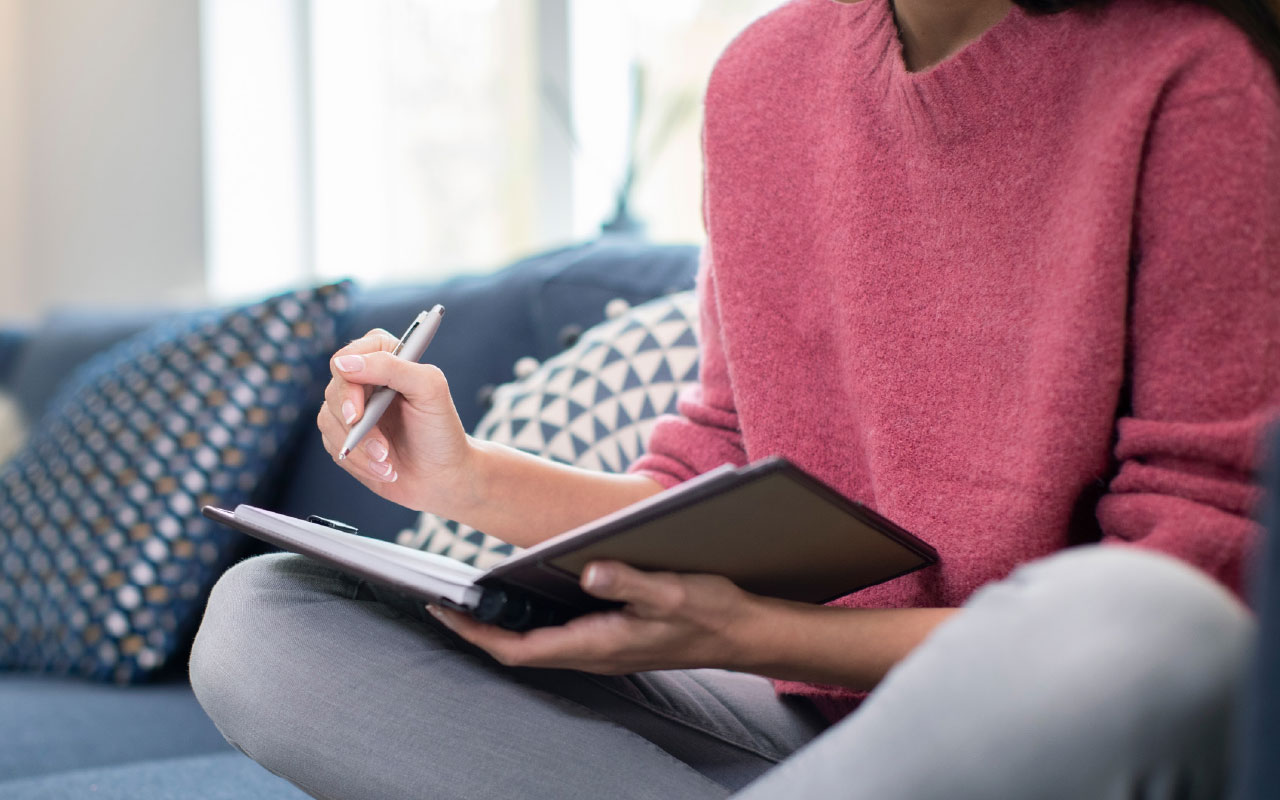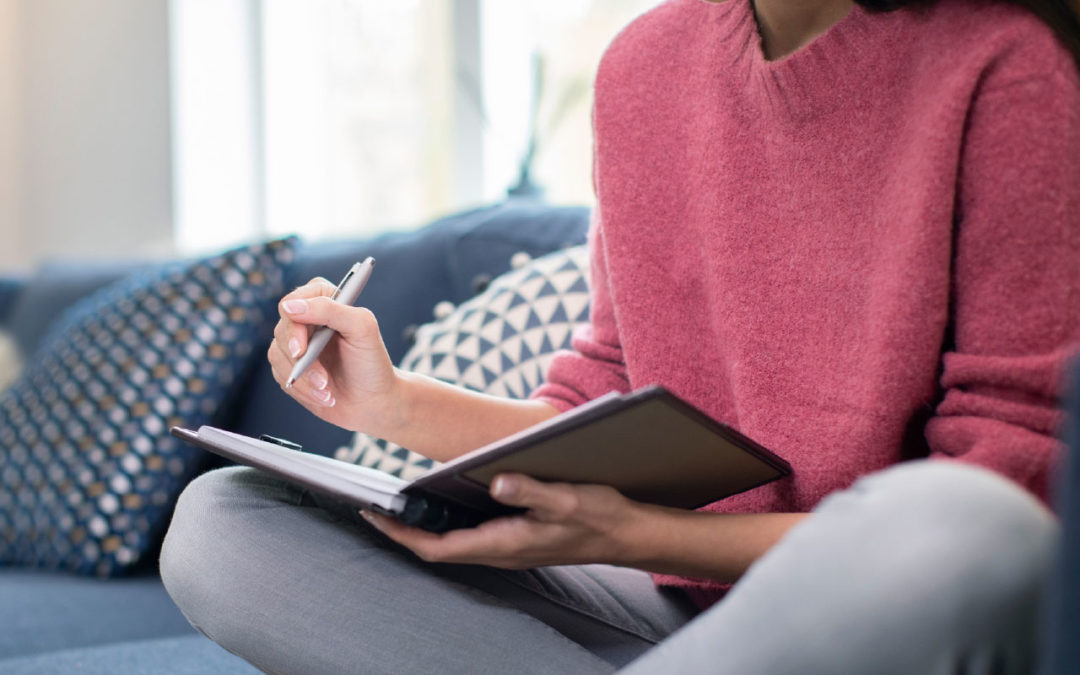
 As we are all well-aware, the entire world has changed. I’m sure you’re also aware that these changes have increased our stress levels. Left unchecked, excessive stress can lead to depression, so I’d like to highlight a few things we can do to alleviate stress and strengthen ourselves mentally and emotionally.
As we are all well-aware, the entire world has changed. I’m sure you’re also aware that these changes have increased our stress levels. Left unchecked, excessive stress can lead to depression, so I’d like to highlight a few things we can do to alleviate stress and strengthen ourselves mentally and emotionally.
In my previous writing on stress, I’ve described it as, “the sense that we are losing control.” Picture a guy named Matthew working at his computer and whatever app or program he’s using freezes up. Because Matthew has lost a bit of control in the situation his anxiety level may increase. However, because it’s uncool for Matthew to say he’s lost a bit of control in the situation, he’ll tell us he’s “stressed.”
Apply that same concept to someone named Jessica either losing her job or being assigned extra hours in a potentially deadly work environment. It’s safe to say Jessica would also sense a loss of control. Translated: she’s experiencing stress.
In a simplified way, if stress comes from the sense of losing control, I suggest that depression correlates to the sense of having lost control altogether. It’s a feeling of helplessness that may be accompanied by anxiety attacks in which the entire world feels like it’s falling in around you.
Despite our best efforts, we can’t be superman or superwoman at all times. In these stressful times, we all need a little help.
To assist with that effort, I enlisted the aid of Psychologist Lynn Laird of Healing Heart Counseling in Meridian, Idaho, to share some practical tips for alleviating stress. Here are five tips that she shared.
Journaling. Laird says, “Understanding what we’re thinking about helps us understand what’s bothering us. Journaling helps us become more aware of our own thoughts. When under stress, many of us start to catastrophize things, and dwelling on worst-case scenarios can cause anxiety and even depression.”
Laird says that writing out our thoughts by hand is probably the best way to do journaling because the neuromuscular activity of doing so helps our brains process things more deeply, but that using a word processor works if you can’t take the time to write it out by hand. Laird says one of her clients does his journaling on his phone.
After journaling, Laird says, “We can read back over our thoughts objectively and ask, ‘Is this even true? Do I know this is going to happen?’”
The act of journaling and then objectively thinking about what we wrote helps us to “clear our cache” of worry.
Laird is also a strong advocate of “gratitude journaling.” She feels that when we’re surrounded with many negative things, it’s important to “pay attention to the things we’re thankful for.” She says the things we’re grateful for don’t have to be big things. “For example, I like sunsets,” Laird says. “I have opened my journal and written about a beautiful sunset – describing it and writing about how calming it was. It’s a very peaceful thing to write those things out.” Laird says we can always find something to be grateful for, and because humans tend to go where they’re focused, identifying things to be grateful for and focusing on them by writing about them can be very calming.
Make a plan and strive to stick to it. “There’s a sense of normalcy in having a routine,” says Laird. “We can’t just lie down and say, ‘It’s over.’ We need to get ready for our life each day, whatever it may be.” Setting goals and establishing bigger pictures ideas are part of this. Writing out the goals and ensuring each one has a “by when?” attached to it helps us stay focused on accomplishing them.
For help with goal setting, Laird suggests doing an Internet search on S.M.A.R.T. goals.
Keep moving. Movement and exercise are important for both physical and mental health. “If it’s OK to leave your house, get outside and get some sunshine,” says Laird. “But even if you’re confined to an apartment, you can still get exercise. It requires a little more dedication, but it can be done.”
One suggestion Laird has for anyone confined at home is to open a window and do some kind of activity near the fresh air. “This might not be the best time to start an exercise routine, but I think it’s important that we don’t just sit down all day. Whether it’s cleaning our house or getting up and doing some stretches, our bodies and minds are intertwined. Doing things physically gives us a sense of accomplishment, and that affects our mental health.”
Do deep breathing. “This can be done anywhere at any time,” says Laird. “If we sense ourselves getting stressed or anxious, we can do this and it provides immediate relief.” The technique? “Inhale through your nose for a count of four, then hold that breath for another count of four. Then, exhale that breath through your mouth for a count of eight.” Laird says stress impacts our sympathetic nervous system, and deep breathing stimulates that part of our nervous system to provide instant relief.
Find an accountability partner. “This tip helps with any of the things we’re doing to alleviate stress,” Laird says. “Knowing you’re going to be checking in with someone is good for staying on track, and it also helps us maintain relationships.” Laird says that accountability can take many forms, such as a phone call, a Zoom or FaceTime meeting, or even texting.
In closing, Laird said that, “People may already know about these tips, but the question is, ‘Are they doing them?’”
I agree. It’s one thing to know how to do things, it something different to actually do them. I should add that Laird also suggested staying clear of excessive alcohol consumption, as that only masks stress and doesn’t truly alleviate it.
The most important thing is to be proactive. Even if our stress takes us to the brink of depression, we can still reach out to someone and say, “I could use some help.”
Daniel Bobinski, M.Ed. is a best-selling author and a popular speaker at conferences and retreats. For more than 30 years he’s been working with teams and individuals (1:1 coaching) to help them achieve excellence. He was also teaching Emotional Intelligence since before it was a thing. Reach Daniel on his office phone, (208) 375-7606, or through his website, www.MyWorkplaceExcellence.com.








